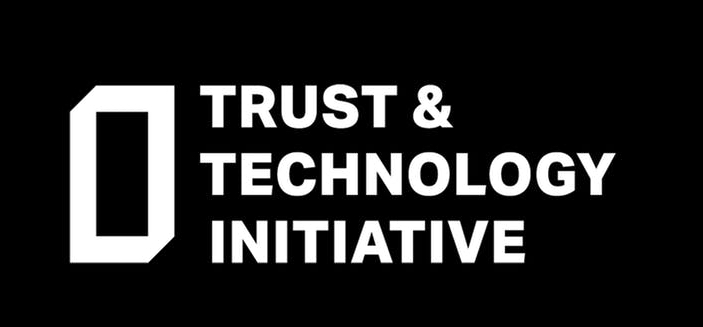Dr Richard Milne, Wellcome Sanger Institute
Trust and trustworthiness in Covid-19 data
How do we know who has Covid-19? Who is most at risk of getting it? How can we assess the effectiveness of quarantine and social distancing measures, and can these be more effectively targeted? These are among the questions animating proposals for the ex-tension and expansion of public health surveillance into new domains - including the use of location or tracking data collected by mobile phone and technology companies.
Health data sharing has been a complex domain of health policy debates for several years. A central feature has been the recognition of the importance of public trust for the collection, sharing and use of information about our health. In the UK, there is significant trust in the NHS and its use of data for care. In contrast, there's scepticism about secondary uses of data, and particularly the use of health data by the private sector, and less faith that companies will act in a way that encapsulates the interests of the general public. Our work has also shown that those who are most familiar with data, in our case genetic data, are also those most likely to support its sharing and use for the benefit of others.
With this in mind, the current situation is not ideal for the development of trustworthy data practices. Covid-19 surveillance introduces new forms of data into discussions, data that most people have not previously considered as relevant to their health or that of others, which are collected or generated by companies with little prior interaction with the health system, and are being used by governments in an emergency situation. As we move forward, building trust in the use of these new data for public health requires the rapid establishment of data governance processes. These need to be able to make quick, independent and transparent decisions about data use in the public interest, be accountable for these decisions and, importantly, able to decide how long this new surveillance architecture is needed.


